If your boiler suddenly stops heating, makes strange noises, or flashes error codes, you’re probably wondering what to do next. A faulty boiler can leave your home cold and your bills rising, but you don’t always need a brand‑new unit. Understanding the common problems, knowing when a quick fix works, and recognizing when it’s time to call an expert can save you time, stress, and money.
Most boiler issues fall into three buckets: lack of heat, odd noises, and leaks. No heat usually means a pressure drop, a broken pump, or a thermostat glitch. Odd noises—like banging, whistling, or gurgling—often signal air trapped in the system or a worn‑out heat exchanger. Leaks are the easiest to spot but the most urgent, as water damage can spread quickly. Checking the pressure gauge (look for a reading between 1 and 1.5 bar when cold) and listening for unusual sounds are good first steps before you pick up the phone.
DIY fixes are fine for simple tasks like resetting the boiler, bleeding radiators, or topping up pressure. However, you should stop when you encounter gas smells, continuous leaks, or error codes you can’t decode. Gas‑related work is dangerous and illegal without a Gas Safe registered engineer. Also, if the boiler is more than 10‑15 years old and repair costs start to approach 50% of a new unit’s price, replacement is usually smarter. A professional will run a full safety check, test the combustion, and make sure the system meets current regulations.
Regular servicing is the cheapest way to avoid big breakdowns. An annual service typically includes cleaning the heat exchanger, checking the pressure, testing the safety valve, and verifying the burner’s efficiency. In 2025 the average service cost is around £80‑£120, but many local firms offer discounts for repeat customers. Keep a record of service dates and any parts replaced; this helps you spot recurring issues and negotiate better rates.
If a component fails, ask the engineer for a written quote before any work starts. Common parts like a thermostat, pump, or PCB board have a wide price range, and you might be able to order them yourself and just pay for labor. For older boilers, consider a “partial replacement” package—swap out the most worn parts while keeping the main unit.
Finally, don’t forget energy efficiency. Modern condensing boilers can be 10‑15% more efficient than older models, cutting your heating bills noticeably. When you finally decide to replace, look for a boiler with an A‑rated efficiency label and size it correctly for your home’s heat demand. A properly sized boiler runs shorter cycles, uses less fuel, and often lasts longer.
Boiler problems can feel overwhelming, but with the right knowledge you can tell a simple hiccup from a serious fault. Keep an eye on pressure, listen for strange sounds, and schedule a yearly service. When in doubt, call a qualified, Gas Safe‑registered engineer—you’ll keep your home warm and avoid costly surprises.

Wondering whether plumbers can fix your boiler? This article breaks down exactly what plumbers do, where their work overlaps with heating engineers, and when you need a specialist. You’ll get practical advice for dealing with boiler issues, tips for finding the right tradesperson, and a look at why gas safety credentials matter so much. There’s even a checklist for what to ask before hiring someone for your boiler job. Skip the confusion and figure out who to call, fast.
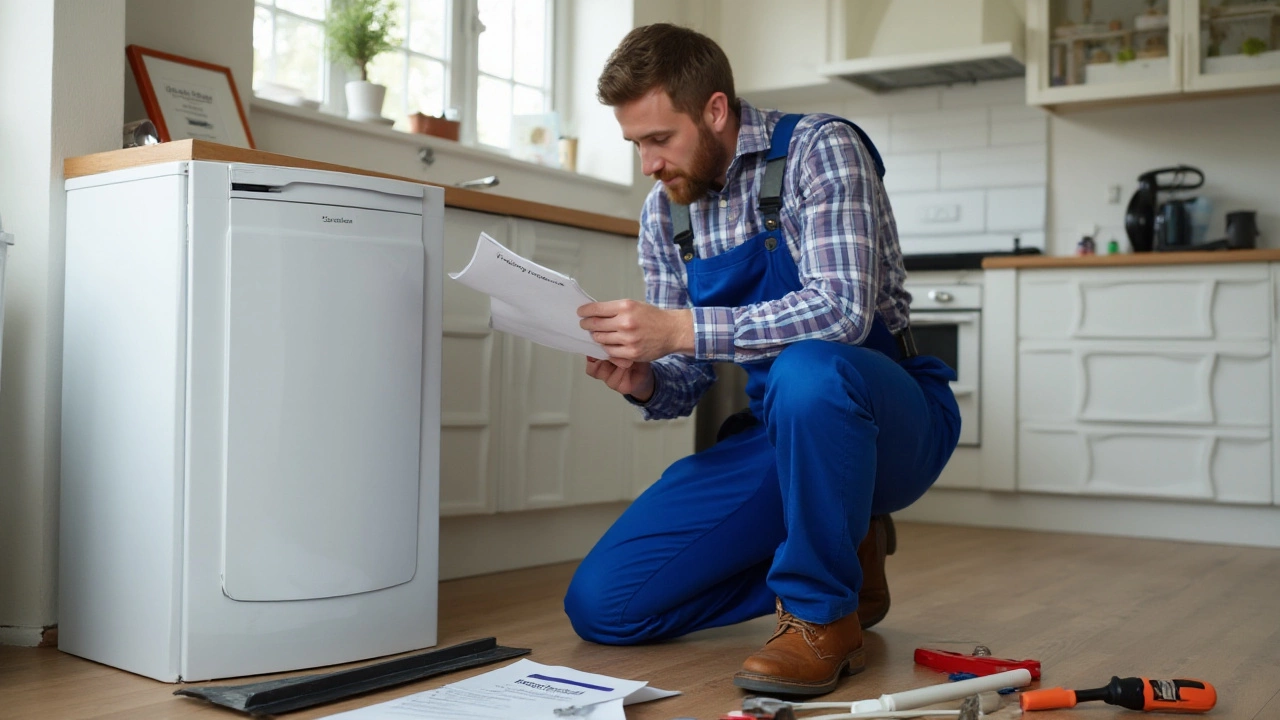
Plumbers are often the go-to professionals for a wide range of home repairs, but when it comes to boilers, it's essential to know their scope of work. This article delves into whether plumbers can actually handle boiler installations and replacements. You'll uncover what specific skills and certifications are required for boiler work, why hiring a specialized heating engineer may be recommended, and the potential risks of using underqualified technicians. Whether you're considering a new boiler or need an existing one serviced, understanding who is best suited for the task is crucial.
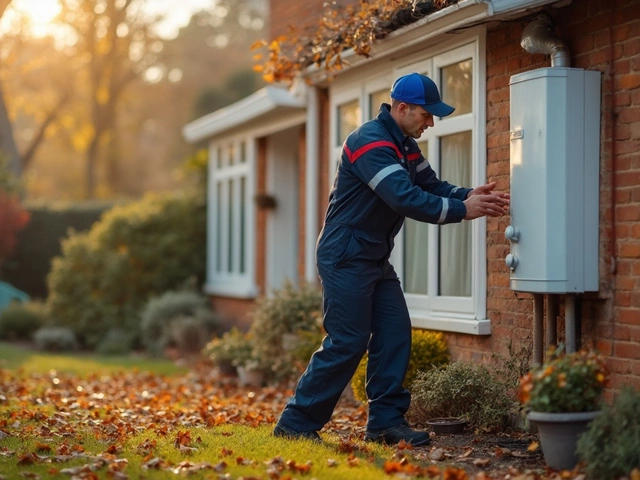
Replacing a boiler can seem like a daunting task, but knowing what to expect can make the process easier. Typically, boiler replacement involves several steps including removing the old unit, choosing the right size and type for your home, and ensuring proper installation. Skilled professionals often make the experience smoother by handling the technical aspects and minimizing disruption. Preparation and understanding of the process can help homeowners tackle this job with confidence.
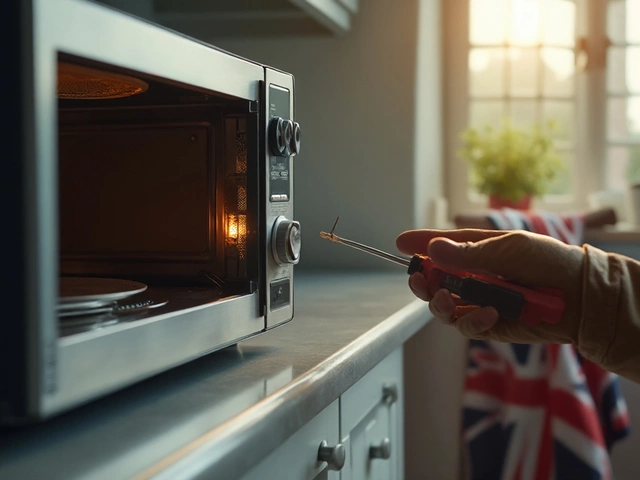
Learn fast how to spot a blown microwave fuse, test it safely, and replace it yourself. Step‑by‑step instructions, tools needed, and common pitfalls covered.
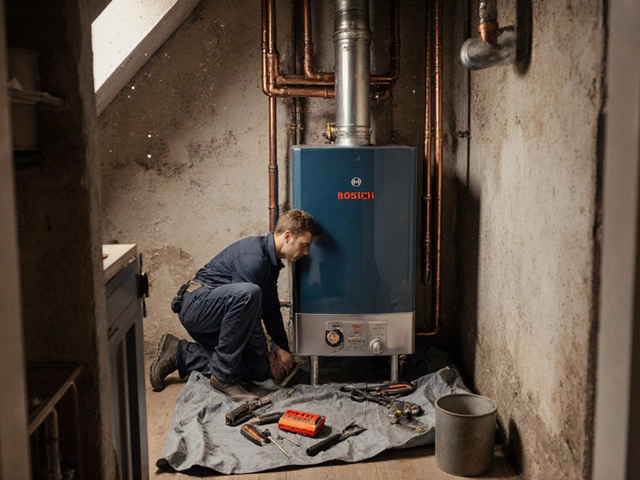
Replacing a boiler costs thousands because it's not just the unit-it's labour, safety checks, pipe upgrades, and compliance. Learn why this big investment is necessary and how to avoid overpaying.
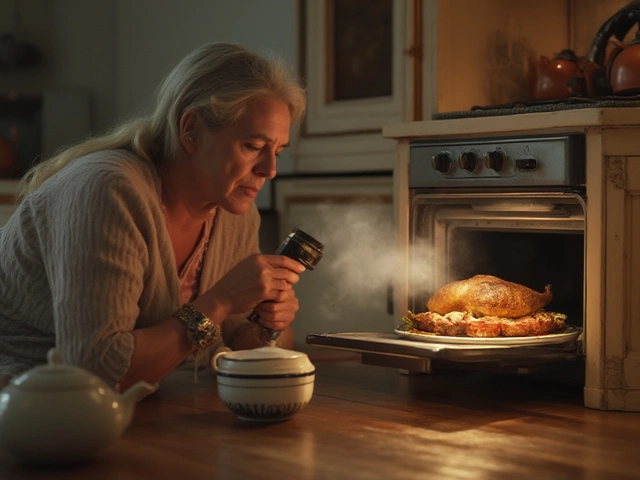
Find out how to tell if your oven’s heating element or thermostat is busted with simple tests, warning signs, and expert tips you can trust.
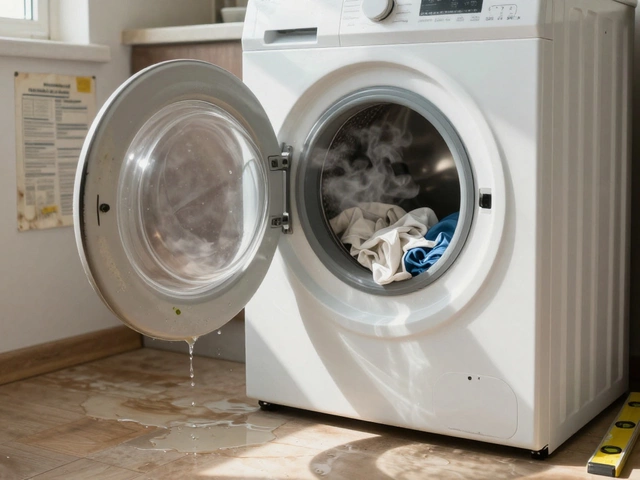
Most washing machines last 8-12 years, but signs like loud noises, leaks, or error codes mean it's time to consider repair or replacement. Learn how to extend its life and when it's better to buy new.